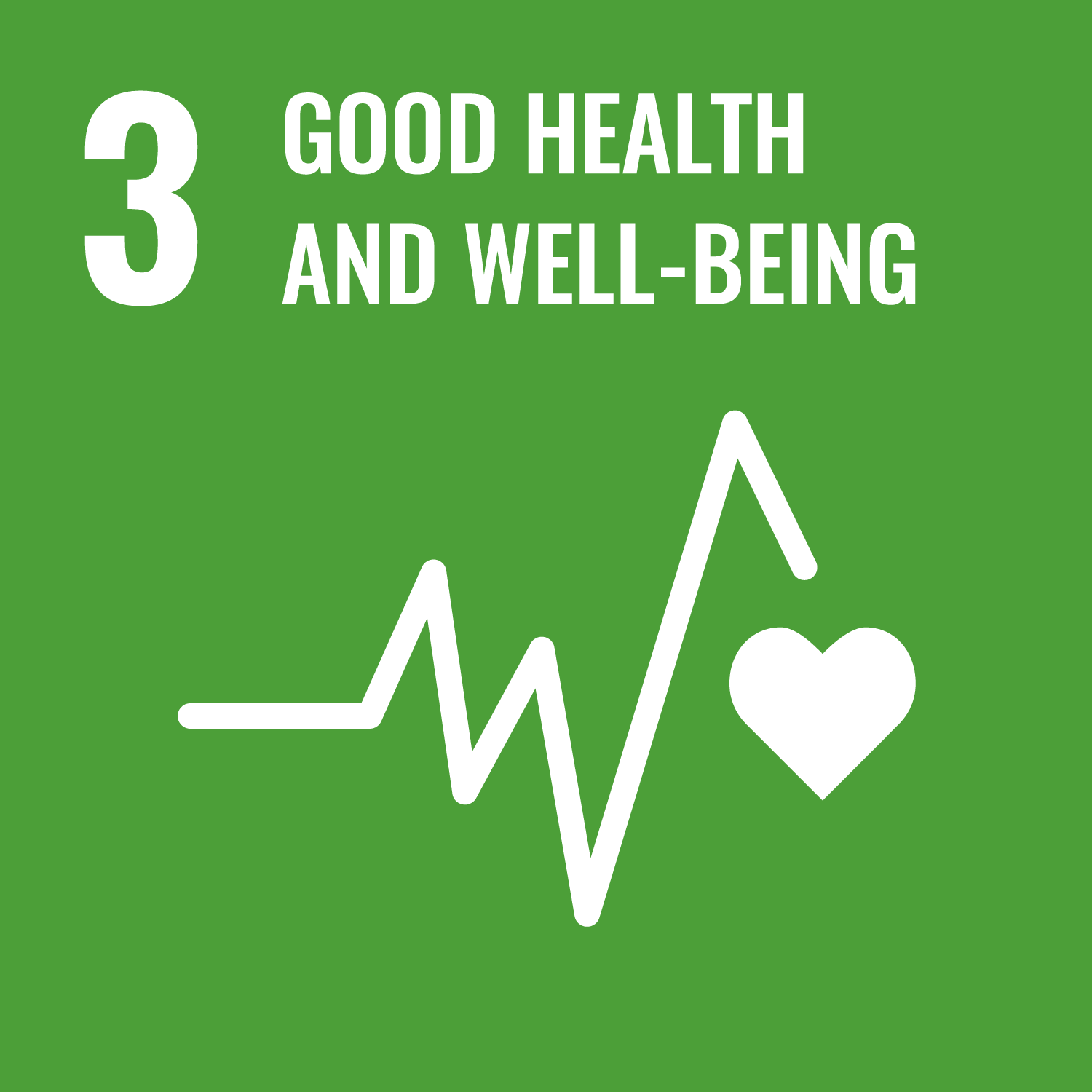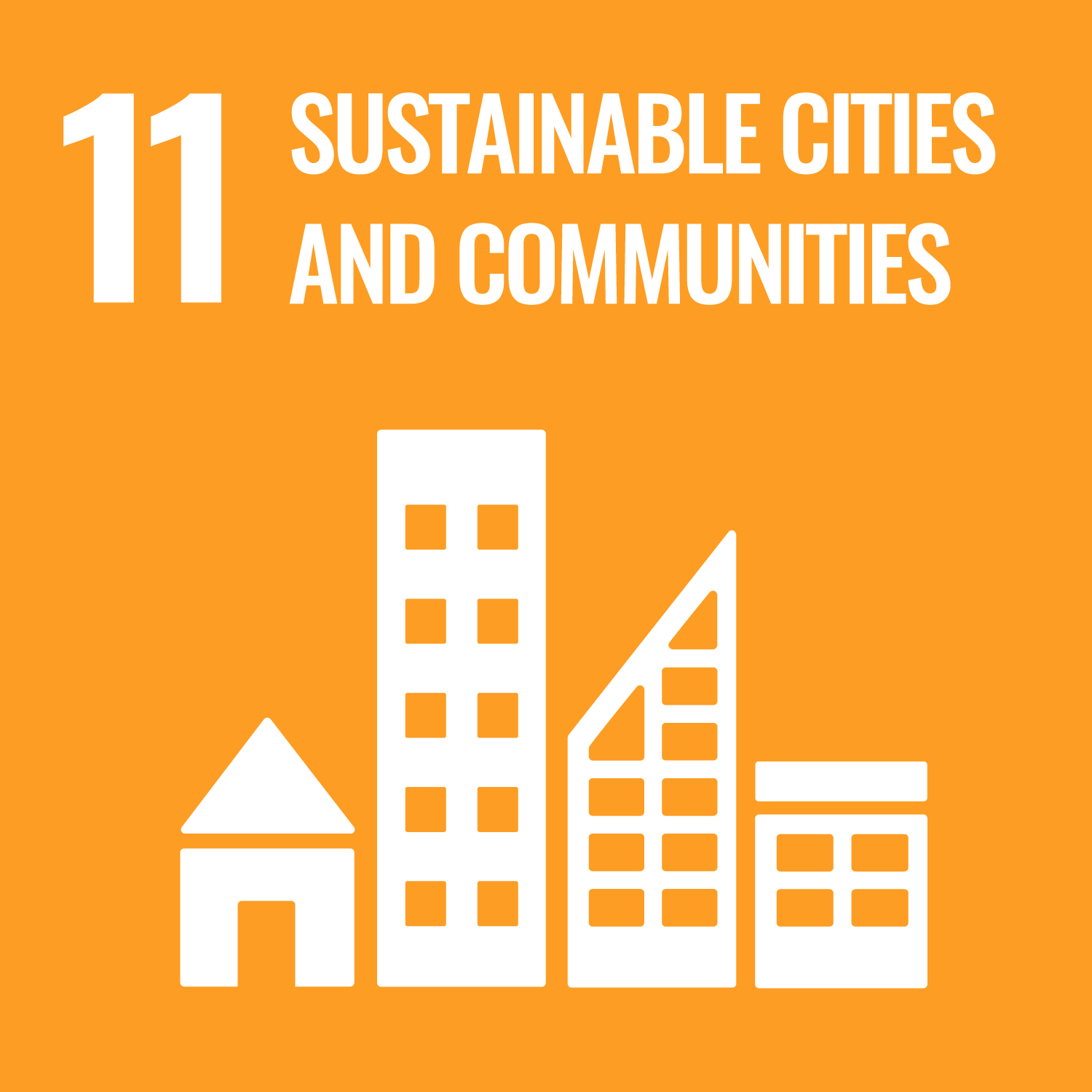This report compiles the findings of a survey conducted by MOSAIC with the support of Grindr across the Middle East and North Africa. The report presents the findings on experiences of GBTQ peoples’ experiences of discrimination and harassment in across 21 countries and territories from a pool of 1,794 respondents.
The report opens with an introduction to the partnership between MOSAIC and Grindr before delving into a regional overview in Chapter 1. Each of the 21 countries are briefly profiled: national laws around same-sex sexual relations, recognition of third-gender identities and ability for LGBTQ organisations to advocate for rights. A specific spotlight on the Syrian refugee crisis and LGBT asylum appears at the end of Chapter 1. Chapter 2 presents demographics of 1,794 survey respondents including country of residence, gender identity, sexual orientation, age, overall experiences of violence and experiences of different types of violence/discrimination (employment, housing, religious, legal, sexual health, mental health, familial acceptance, friendships, and relationships.) Overall, approximately two-thirds (65%) of respondents reported that they had not experienced violence and slightly more than one-third (35%) had experienced violence. The most common form of discrimination was discrimination in access to sexual health information, and experiencing anxiety and/or depression (25% reported none of these feelings).
Chapter 3 takes a deep dive into the survey data on three areas of LGBTQI life in the region: housing discrimination, experiences of trans respondents, and a comparative analysis of responses from Morocco and Lebanon.
The annex provides the survey in its entirety.








